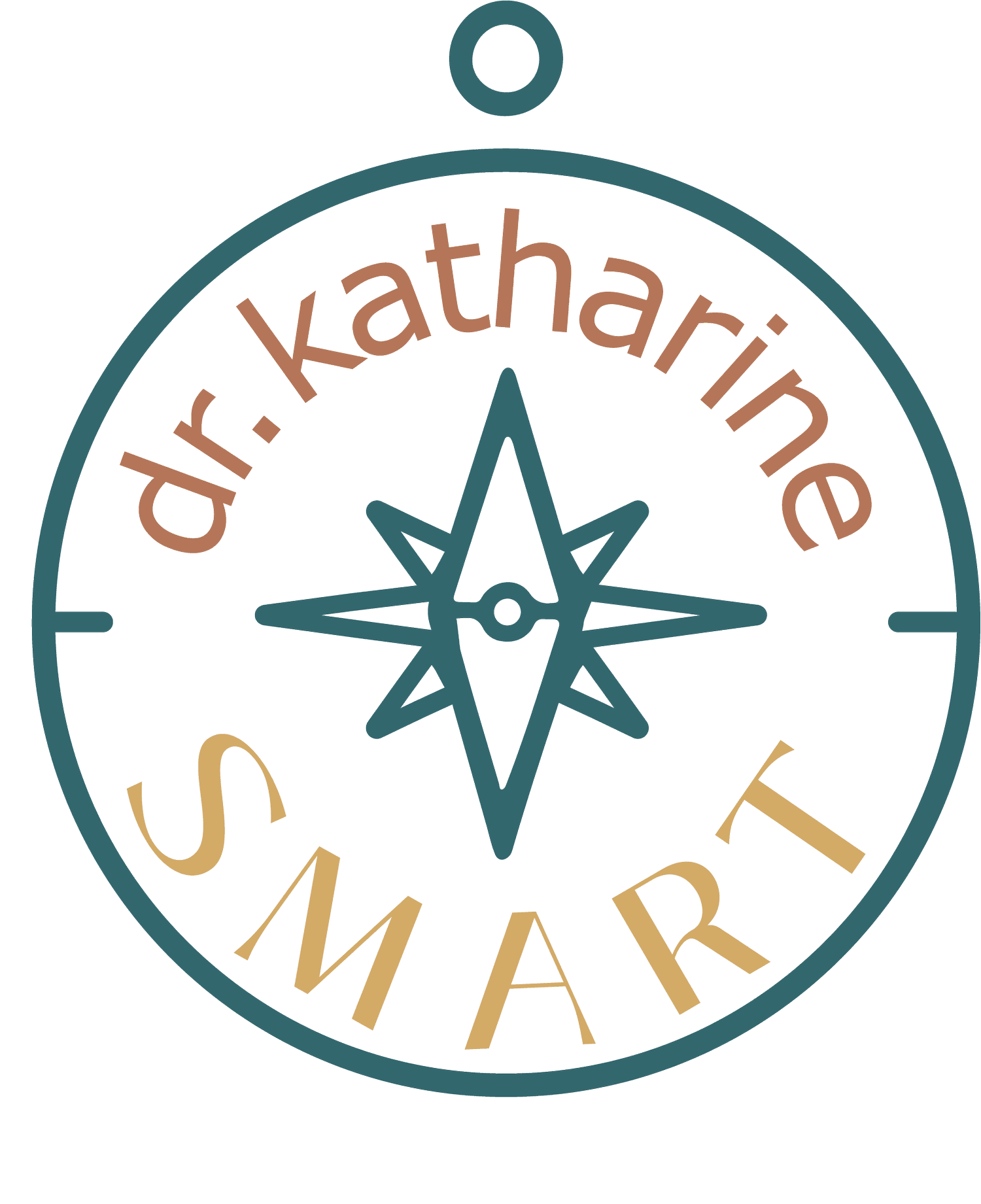Understanding Autism Assessments: What to Expect During Your Evaluation
KS
Understanding an autism assessment can be daunting for many parents and individuals. Knowing what to expect during an evaluation can ease anxiety and help you prepare effectively. This guide will walk you through the essential components of an autism assessment, shedding light on what typically occurs during the process.
The Purpose of Autism Assessments
Autism assessments are conducted to determine whether an individual meets the diagnostic criteria for Autism Spectrum Disorder (ASD). These assessments provide valuable insights into an individual's unique strengths and challenges, helping to guide intervention strategies and support plans.
The evaluation process is comprehensive and aims to understand the individual's behavior, communication, and social skills. It's important to note that receiving a diagnosis can be a significant step in accessing necessary resources and support.

Components of the Evaluation
Initial Interview
The evaluation usually begins with an initial interview where the clinician gathers background information. This may involve discussing developmental history, family dynamics, and any concerns you may have noticed. This interview helps the clinician build a comprehensive picture of the individual.
Standardized Testing
Following the interview, standardized testing is often conducted. In the province of BC this includes the "ADI-R"- Autism Diagnositic Interview and the "ADOS"- Autism Diagnostic Observation Scale. The ADIR is conducted with just the parents and the ADOS with the child or youth. The ADOS is designed to be engaging and is administered in a way that minimizes stress.

Observation
Observation is a critical part of the assessment process. Clinicians observe the individual during the ADOS to gain insight into their social interactions, communication abilities, and behavior patterns.
What Parents and Individuals Can Do to Prepare
Preparation can make the assessment process smoother. Here are some tips to help you get ready:
- Gather relevant medical and educational records.
- Prepare a list of questions or concerns you wish to discuss with the clinician.
- Ensure the individual is well-rested and fed before the evaluation.

After the Assessment
Once the assessment is complete, the clinician will typically schedule a follow-up meeting to discuss the results. During this meeting, they will explain the findings, provide a diagnosis if applicable, and recommend next steps. This is an opportunity to ask questions and clarify any doubts you may have.
It's important to remember that an autism diagnosis is not a label but a tool to better understand and support the individual. With a clear understanding of their needs, you can advocate for appropriate educational and therapeutic interventions.
Final Thoughts
Understanding what to expect during an autism assessment can demystify the process and help you feel more equipped to navigate it. By approaching the evaluation with an informed mindset, you can ensure that it serves as a valuable step toward supporting your or your loved one's journey on the autism spectrum.
